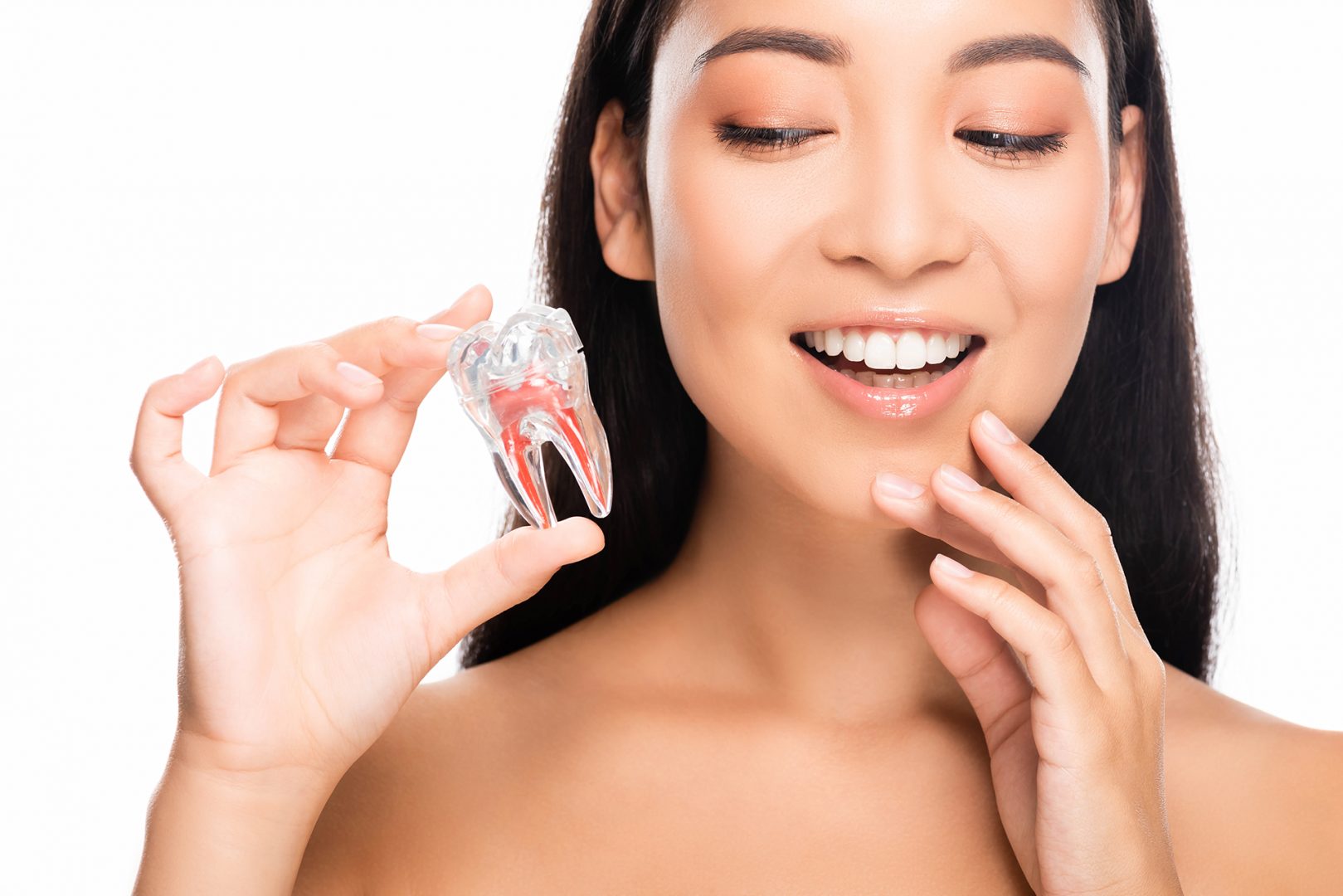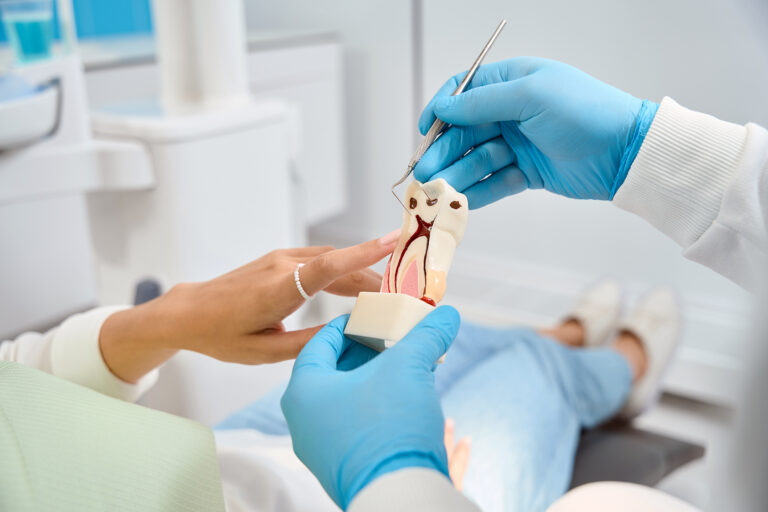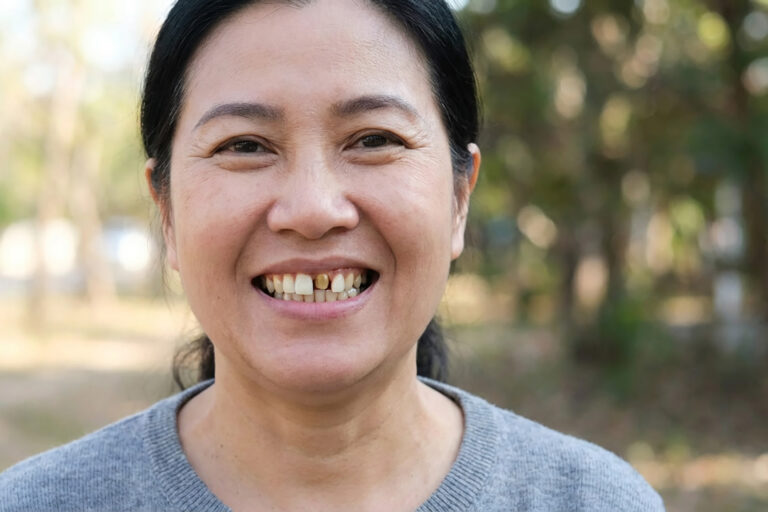We know fluoride is one of the key ingredients in toothpaste, having seen it on almost every tube we have ever used. But what does fluoride actually do? Our team at TEETH @ Tiong Bahur goes through what fluoride does and the myths surrounding this oft-discussed chemical.
What Exactly Is Fluoride
Fluoride is a natural mineral that helps fight tooth decay and keeps your smile bright and strong. When you brush with fluoride toothpaste or drink fluoridated water, this mineral teams up with your tooth enamel, making it tougher and more resistant to acid attacks from sugary snacks and plaque. Think of it as an invisible shield, constantly working to repair tiny damage and stopping cavities before they start.
However, if fluoride is such a good mineral, why do you sometimes hear about its dangers? These myths come from a place of misinformation, particularly about the fluoridation of the water supply. Let’s go through a list of some of these myths to get to the truth.
Dispelling Myths of Fluoride
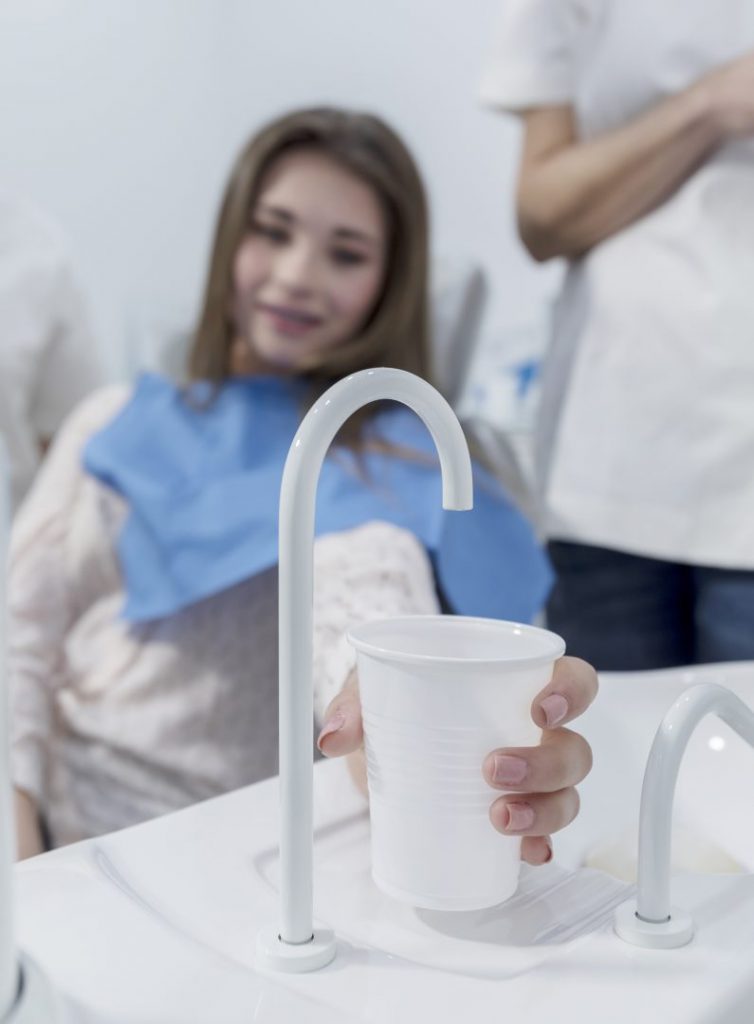
Myth: Fluoridated water leads to fluorosis
Truth: Fluorosis is a real disease that entails excessive fluoride intake. However, that level of fluoride consumption needs to be incredibly abnormal. Fluorosis occurs when a child consumes too much fluoride while their permanent teeth are still developing underneath the gums. Fluorosis is only an aesthetic issue. People with fluorosis have been shown to have teeth that are more resistant to decay. Excessive fluoride consumption is not possible through a regular water supply, which would be at 0.7 ppm. It would more likely be from ingesting toothpaste without supervision than fluoridated water!
Myth: Fluoride is dangerous for children
Truth: Fluoride is not only not dangerous for children, it’s beneficial to their dental health. It keeps their teeth strong as their bodies develop and is key to good dental health.
Myth: Fluoride will increase the chances of cancer
Truth: Just like above, the opposite of this myth is true. Fluoride does not increase the risk of cancer, or serious health problems like diabetes, heart disease, or kidney problems. When used as intended, fluoride boosts your dental health, significantly benefiting the rest of your body.
Myth: Fluoride is unnatural
Truth: Fluoride can be found in many natural water supplies and across nature. It’s a part of our ecosystem and could not be avoided even if we wanted to. Fluoride is in our water, shellfish, meat, and cheese. However, if you want to keep your teeth clean, you’re better off using toothpaste than the trace amounts of fluoride in a cheese wheel.
How do I Use Fluoride To Help My Teeth?
We’ve gone through some of the myths surrounding fluoride, which has helped us see its benefits. So, now it’s worth considering how we can integrate it into our daily lives. The easiest way is to use fluoride products, like mouthwash and toothpaste. Here are some tips that may be familiar to you and are helpful to remember:
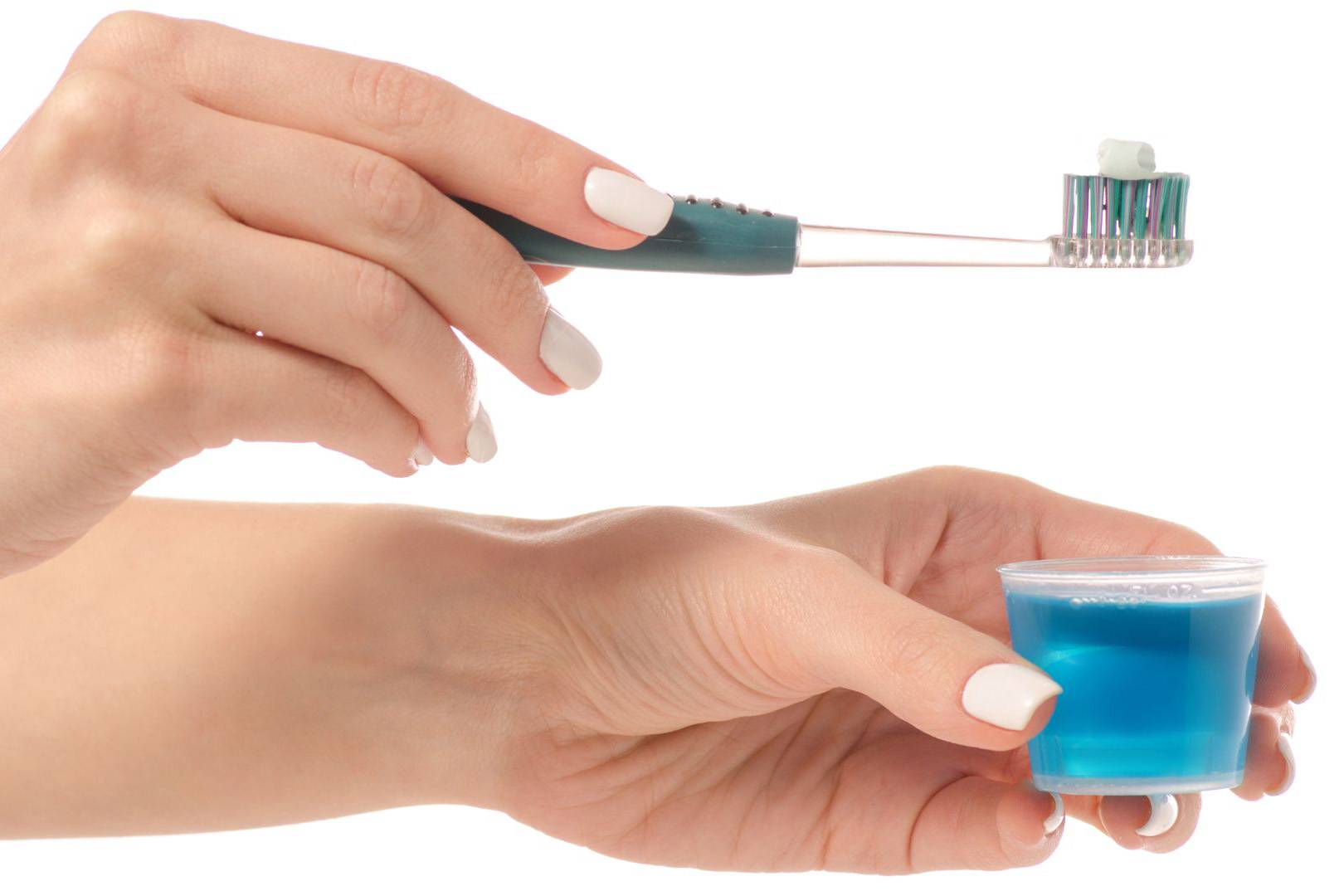
- Twice Daily Routine: Brush your teeth with fluoride toothpaste twice daily, ideally after meals
- Pea-Sized Amount: Use a pea-sized amount of toothpaste for adults and a rice-sized amount for children under six
- Proper Brushing Technique: Hold your toothbrush at a 45-degree angle to your gums and use gentle, circular motions. Ensure you cover all surfaces, including each tooth’s front, back, and chewing surfaces
- Spit, Don’t Rinse: Spit out the toothpaste after brushing but don’t rinse your mouth with water. This allows the fluoride to stay on your teeth longer, enhancing its protective effects
- Daily Use of Mouthwash: Use fluoride mouthwash once daily, usually after brushing and flossing
- Correct Amount of Mouthwash: Pour the recommended amount of mouthwash (typically one capful) into your mouth
- Swish: Swish your chosen mouthwash around your mouth for about 30 seconds, ensuring it reaches all areas. Spit it out, and again, don’t rinse with water immediately to maximise the fluoride exposure
Incorporating fluoride toothpaste and mouthwash into your daily routine creates a strong defence against cavities and keeps your smile healthy and bright.
Family dental clinics like TEETH @ Tiong Bahru in Singapore play a crucial role in maintaining the oral health of your loved ones, offering a wide range of services to cater to the diverse needs of families. From routine check-ups to specialised treatments, TEETH @ Tiong Bahru provides comprehensive care to ensure your family’s smiles remain healthy and bright.

